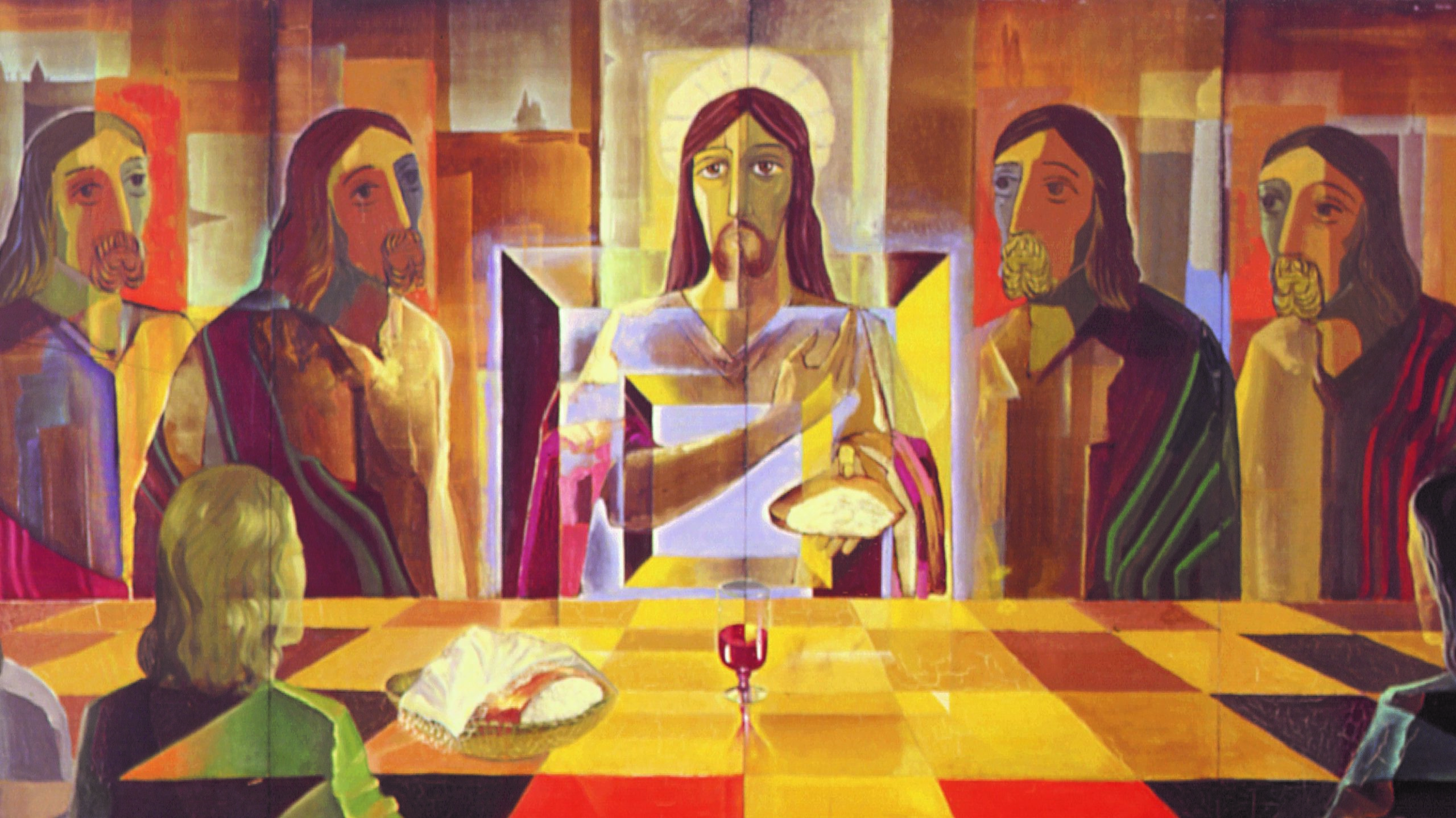
John 13:21-32
Wednesday of Holy Week ABC
21 After saying this JesusA was troubledB in spirit,C and declared,D “Very truly,E I tell you, one of you will betrayF me.”
22 The disciplesG lookedH at one another, uncertainI of whom he was speaking. 23 One of his disciples—the one whom Jesus lovedJ—was recliningK next to him;L
24 SimonM PeterN therefore motionedO to him to askP Jesus of whom he was speaking.
25 So while reclining next toQ Jesus, he asked him, “Lord,R who is it?”
26 Jesus answered, “It is the one to whom I giveS this piece of breadT when I have dippedU it in the dish.” So when he had dipped the piece of bread, he gave it to JudasV son of Simon Iscariot.W
27 After he received the piece of bread, SatanX entered into him. Jesus said to him, “Do quicklyY what you are going to do.”
28 Now no one at the tableZ knewAA why he said this to him. 29 Some thoughtBB that, because Judas had the common purse, Jesus was telling him, “Buy what we need for the festival”; or, that he should give something to the poor.CC 30 So, after receiving the piece of bread, he immediately went out. And it was night.
31 When he had gone out, Jesus said, “Now the Son of ManDD has been glorified,EE and GodFF has been glorified in him. 32 If God has been glorified in him, God will also glorify him in himself and will glorify him at once.
Image Credit: “The Lord’s Supper” by Rubem Zevallos Técnica.
